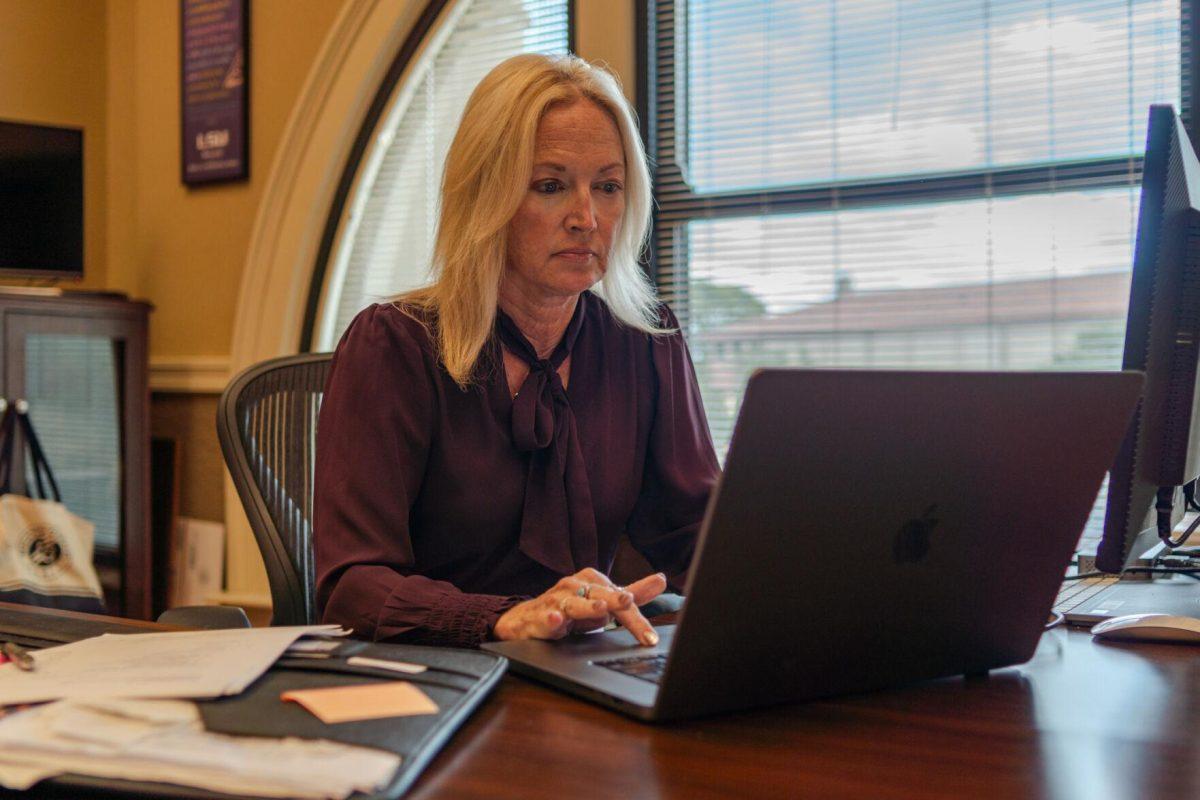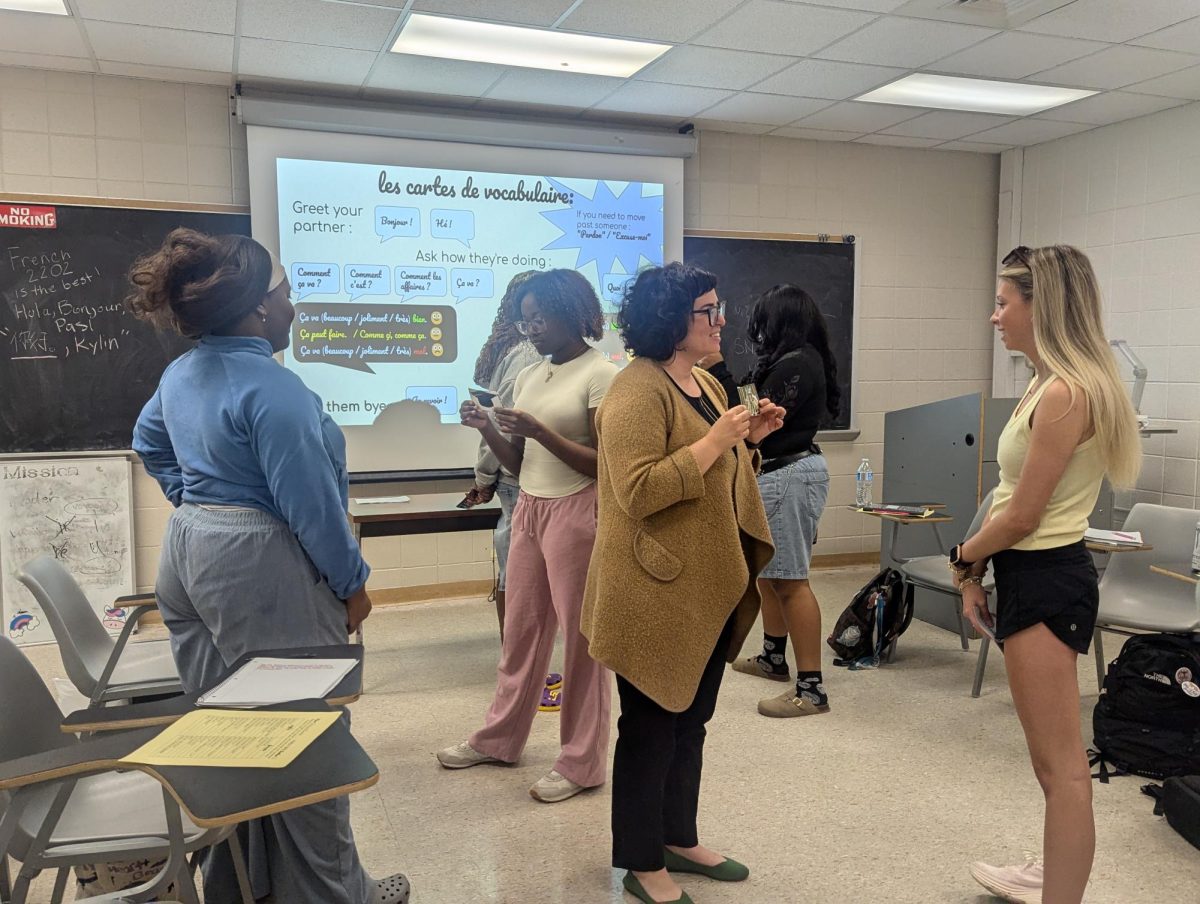Ramadan, a Muslim holiday that began Aug. 10 this year, will soon end with a hearty celebration on a controversial date — Sept. 11.
Eid-al-Fitr is the ending celebration of the month-long Muslim holiday, which requires Muslims to abstain from eating, drinking and sex between sunrise and sunset.
Some University students say they’re unsure of what to think about the two dates coinciding.
McKenzie Cummings, public relations sophomore, said she didn’t approve of celebrating the holiday on the anniversary of Sept. 11.
“Over there, they grow up to hate us,” Cummings said. “I don’t know how I feel about that.”
Others said the coincidence of the two dates doesn’t matter.
“It’s not a bad thing, it’s just what happened,” said Danielle Wold, environmental engineering junior.
Petroleum engineering junior Hasnain Mujahid is a Muslim student and a member of the Muslim Students Association on campus. He said most people he has encountered at the University are understanding of his religion, and he doesn’t believe the date of the celebration will matter to most.
“If it’s on Sept. 11, I can’t change that,” Mujahid said. “I think educated Americans won’t have a problem with it.”
Mujahid said he hasn’t experienced any prejudice on campus during his time as a student.
But Omar Suleiman, Imam — or spiritual leader — of the Jefferson Muslim Association Mosque in New Orleans, was born and has lived in the U.S. all his life.
He said he’s upset by the hatred he has experienced at his mosque in New Orleans and what he witnesses in national news.
“It’s disturbing that we’re hated in our own country,” Suleiman said. “It’s a disturbing trend.”
He said the mosque in New Orleans was vandalized frequently after the events of Sept. 11, and the trouble has started again with the debate over whether Muslims should be allowed to build a mosque near the site of Ground Zero in New York City.
Suleiman said people drive by his mosque at least once a week and yell expletives from their car windows.
“People need to understand that Muslims are the biggest victims of these extremists,” Suleiman said. “Moderate Muslims need to be supported.”
Mujahid said he typically does the same thing every day during Ramadan — waking up before sunrise to eat, pray and go to classes as usual, taking breaks to pray during the day.
Muslims pray five times a day — Fajr in the morning, Zuhr at the middle of the day, Asr in the afternoon, Maghrib in the evening and Isha at night.
Mujahid said Muslims say an extra prayer right after Isha, called Tarawih, during Ramadan. They also read a chapter or two of the Quran, the Muslim holy book.
Suleiman said it’s sometimes difficult for Muslims to fast for such long periods of time, especially during this time of the year when the days are longer.
Suleiman said fasting helps Muslims appreciate what they have and not take things for granted.
“Once you break your fast, you praise and thank God for things like a drink of water,” Suleiman said.
Jermaine Butler, international studies senior and member of MSA, said he has found it hard to abstain from food and drink during the day because of his job at Atcha Bakery and Cafe on Nicholson Drive.
“You get weak throughout the day,” Butler said. “It’s hard to keep your energy up.”
Mujahid said some people are exempt from fasting, like those who are sick or pregnant. He said Muslims who don’t fast are required to make up for it by fasting later in the year or by feeding the poor.
Suleiman said Muslims also try harder to abstain from harming anyone, lying and sinning during this time.
“It’s sort of like a spiritual bootcamp,” Suleiman said.
—-
Contact Rachel Warren at [email protected]
End of Islamic holiday Ramadan coincides with Sept. 11 anniversary
September 9, 2010





